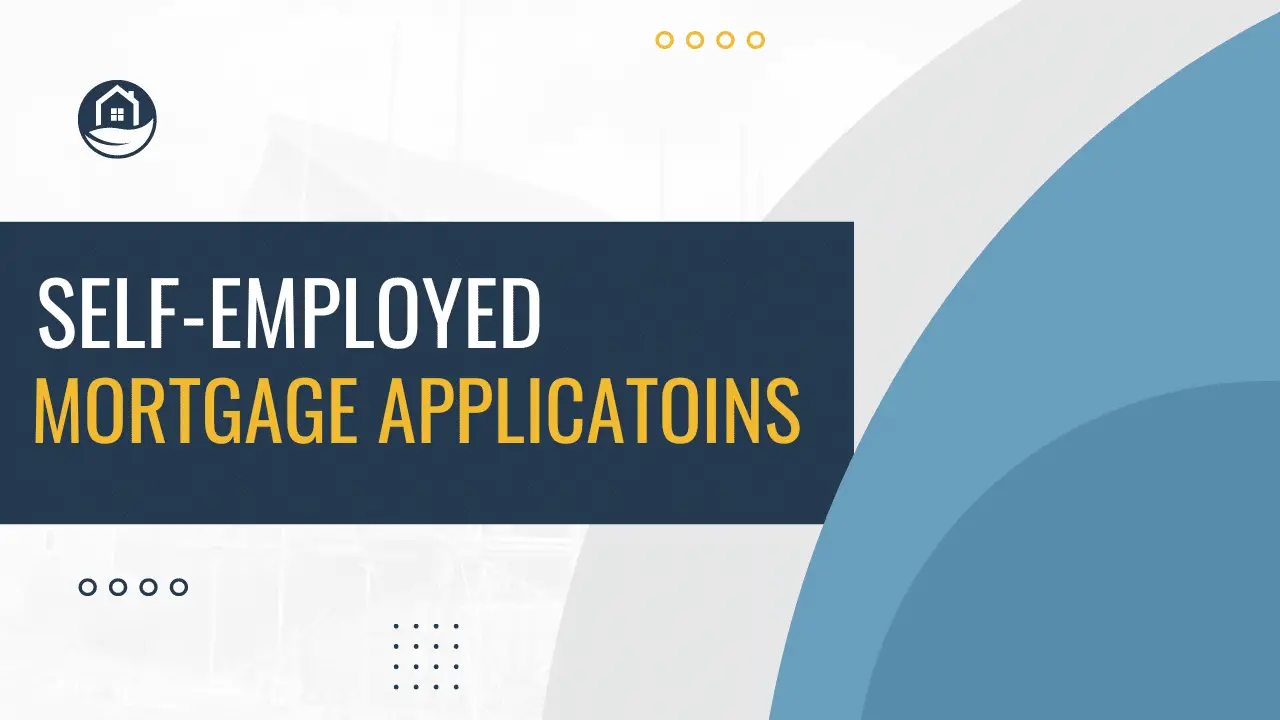Sudden events, such as losing your job, can lead to situations where you need to quickly access short-term credit lines like credit cards, overdrafts, hire purchases, and personal loans. This was a reality for many families in recent years when overnight thousands of people lost their jobs due to the global pandemic.
Having multiple lines of credit can cause a lot of financial stress, especially when you have payments of differing amounts coming due at different times throughout the month. It can make even the most stable people feel like they have lost complete control of their finances.
The mix of your debts will likely have hugely varying costs – usually, credit cards and overdrafts attract high-interest rates. See below some examples of APRs on commonly used credit cards and overdraft facilities in Ireland:
| Instituion | APR |
|---|---|
| AIB Platinum Credit Card | 15.7% |
| Bank of Ireland Platinum Credit Card | 19.60% |
| An Post Money Card | 22.90% |
| Avant Money Credit Card | 22.90% |
| Instituion | APR |
|---|---|
| AIB | 11.85% |
| Bank of Ireland | 13.25% |
| KBC | 13.5% |
| PTSB | 15% |
The most important thing to do when you get into this position is to take some time to formulate a plan to get out of it. Let’s now have a look at some ways you could go about it.
What are the best ways to tackle having multiple loans?
Avalanche method
For some, the most effective way of clearing multiple loans is the Avalanche method. This method prioritises paying down the loans with the highest interest rates. This way you will be able to reduce the interest cost over time as the highest APR credit gets paid off first.
The downside of this method is you will likely still have to make minimum payments on your loans that have the lowest rates. This may not make it feasible to put all of your funds towards paying down one loan.
Snowball method
The snowball method takes a different approach, it prioritises paying off the smallest loans first. Once the smallest loan is paid off, you continue to allocated the same loan repayment to the next loan and so on.
Fully clearing off a loan can give people a psychological boost, even though the interest accruing will be lower on small loans.
Another option, that you have is to consolidate your debt. We will discuss this option in a bit more detail.
What is Debt Consolidation?
Debt Consolidation is an affordable way to tackle your multiple loans, it involves consolidating all of your loans into one single loan.
The benefits of consolidating your debt:
- You replace several debts with one
- Your monthly repayments may be lower
- Reduce multiple monthly repayments to one single payment
- Easier to plan your finances
- Paying off your debt with lower overall interest rates
Debt consolidation will benefit those most who have a portion of their loans with very high APR rates (typically credit card, overdraft, etc).
One important thing to note when setting up your new consolidated loan, you will have to choose the term over which you want to repay it. If you choose a longer-term than the loans you had before you consolidated them, then your overall interest cost may be higher over time due to the longer term.
So be mindful of this if you are consolidating other loans in with your mortgage which is going to have a very long term.
Example – The Murphy Family
Now let’s go through a practical example, the Murphy family has 3 different short to medium-term loans that they are paying off. They have a personal loan which they got to refurbish a bathroom in their home, a Hire Purchase for their new Passenger carrier, and a Credit Card bill that they used to splurge on a family holiday.
Below is a summary of the details of each of these forms of credit:
| LOAN TYPE | TERM | APR | BALANCE |
|---|---|---|---|
| Personal Loan | 4 years remaining | 6.8% | €5,000 |
| Car Hire Purchase | 3 years remaining | 8.95% | €4,000 |
| Credit Card | 2 years planned repayment period | 22.90% | €2,000 |
BEFORE
Before looking into consolidating their loans, these are the current monthly repayments being made by the Murphy family. Also included is the total interest they will pay between now and when the final loan repayment is made if they stay on their current course.
| LOAN TYPE | Monthly repayment | Total Interest Cost |
|---|---|---|
| Personal Loan- €5K | €119.27 | €724.86 |
| Car Hire Purchase – €4K | €127.11 | €575.81 |
| Credit Card – €2k | €104.65 | €511.54 |
| Total | €351.03 | €1,812.21 |
AFTER
The Murphy family decided to check out a Debt Consolidation product with their local credit union and were offered a rate of 7.69% APR if they wanted to consolidate all their loans.
| Loan Type | Term | Monthly Repayment | Total Interest |
|---|---|---|---|
| Debt Consolidation Loan €11k @7.69% | Term – 3 years | €343.13 | €1,352.65 |
After reviewing the figures this made complete sense, the monthly single payment was lower by €7.90 per month and there overall interest cost fell by €459.56. With this route they would be debt free in 3 years as opposed to still making repayment for 5 years before consolidating their loans.
Where can I get a Debt Consolidation Loan in Ireland?
Most lending institutions in Ireland offer debt consolidation products, even your local credit union will offer this. To get a sense of what rate you can expect to pay we have put together a list of a few institutions that offer these products:
| Instituion | APR |
|---|---|
| Altura Credit Union | 8.2% |
| Savvi.ie | 6.99% |
| First South Credit Union | 7.69% |
| Teachers Union of Ireland Credit Union | 8.59% |
The conditions of being accepted for a loan will vary from institution to institution, but once you can show a good track record of being able to keep up with your repayments then you will definitely be eligible for a consolidation loan.
Disclaimer: This blog post is for informational and educational purposes only and should not be construed as financial advice.






